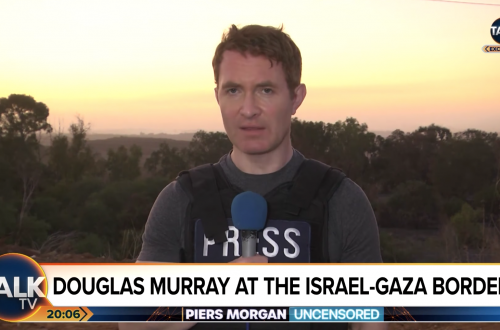There are three points worth making at this stage about the “Palestine Papers“.
The first is that, unsurprisingly and as one would hope, both Palestinian and Israeli politicians have been engaged in precisely the sort of frank negotiation that everybody knows and expects must take place.
The second is this. This leak causes no embarrassment at all to Israel’s politicians. That is because there is no gulf between what Israeli politicians say to their electorate and what they say behind closed doors. By contrast, the reason that this leak is damaging to those Palestinian politicians who are its target, is because there is a huge gap between the Palestinian negotiators realistic and prudent diplomatic conduct, in private, and what they tell their (infrequent) electorate in public.
If the PA had been saying in its newspapers, and on its TV stations, the same sort of things that they said in negotiation with the Israelis, then this leak wouldn’t have an impact. It is only because the PA leadership hasn’t been honest with its electorate, that this hurts them. If the Palestinian Authority had notspent the period since Oslo, trying to out-do Hamas in its domestic rhetoric, nothing in these papers would have surprised anybody at all. A decade preparing its population for concessions and peace would have made a huge difference.
Indeed, the fact that this leak is thought to be problematic for the leadership of the Palestinian Authority, indicates the fundamental problem with the behind-closed-doors progress that we’ve glimpsed. Could the Palestinian Authority leadership ever have presented them to their people? Could they have delivered on promises which, apparently, now embarrass them?
Here’s an example of the nature of the problem. The Guardian commentary makes the point that polite relations and pleasantries between negotiators and the use of words like “Yerushalayim” will be seen as a “humiliation”. That’s a measure of how weak the position the Palestinian Authority negotiators is: if open expressions of cordiality are problematic for them.
The final point is this. The choice of Al Jazeera – which has an alignment with the Muslim Brotherhood – is telling. So is the involvement of Seumas Milne. This leak has been calculated to undermine Abu Mazen, and to strengthen Hamas. One can only guess at the internal politics which resulted in the disclosure of this information.
That being so, I think you have to remind yourself that this is no Wikileaks dump of information, but a strategic leak which has certainly been cherry picked and – if Erekat is to be believed – made up in order to undermine the current leadership of the Palestinian Authority. We are most certainly not seeing the full picture. Rather, we’re seeing a selective version of events, designed to undermine particular Palestinian politicians.
A sensible response by the Palestinian Authority would be to grasp the moment, and to tell the Palestinian people frankly that the sort of compromises made in private are, in fact, what will need to be made. That won’t be an easy task for them.


